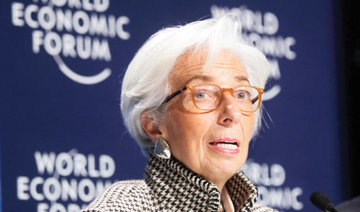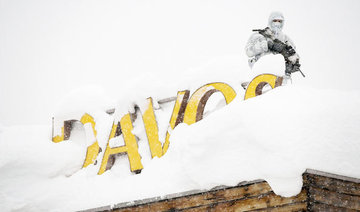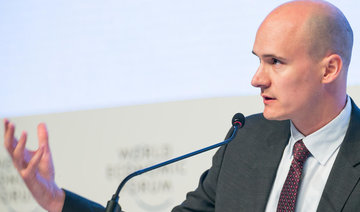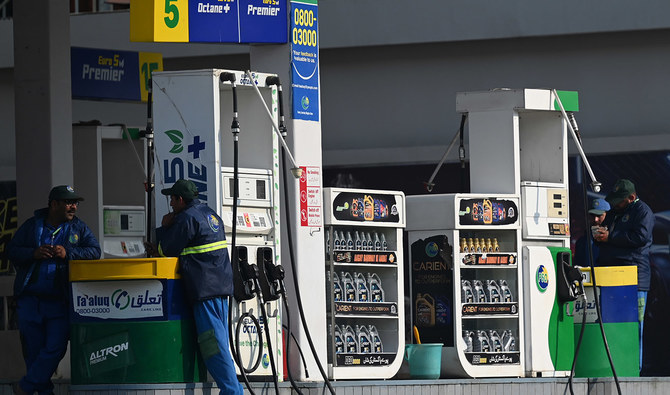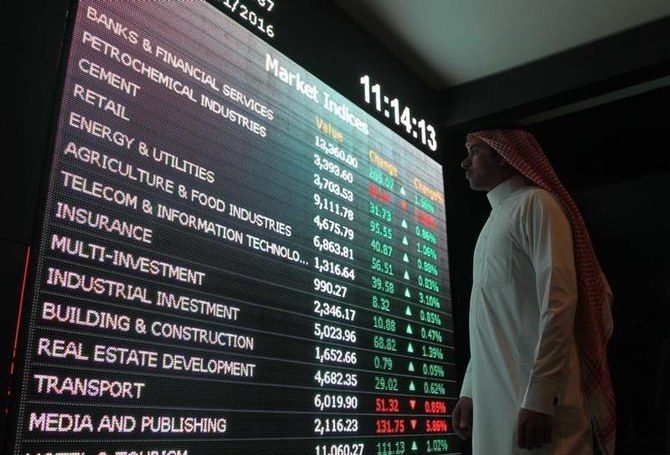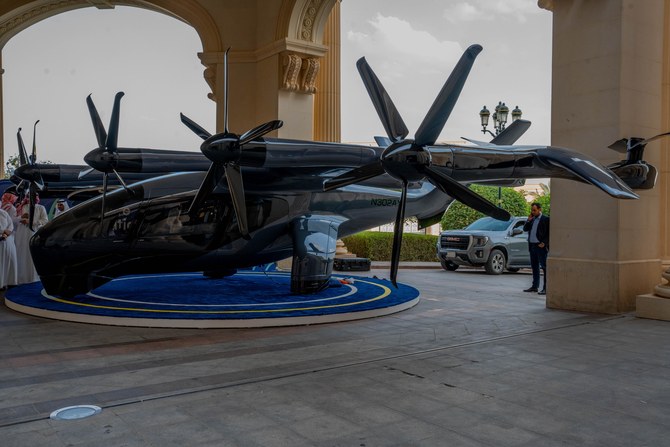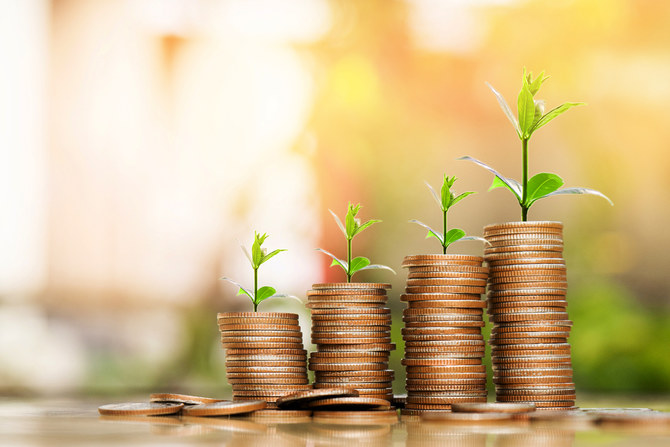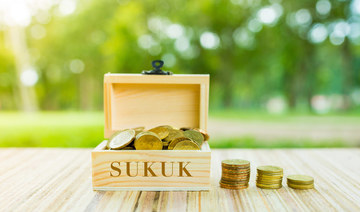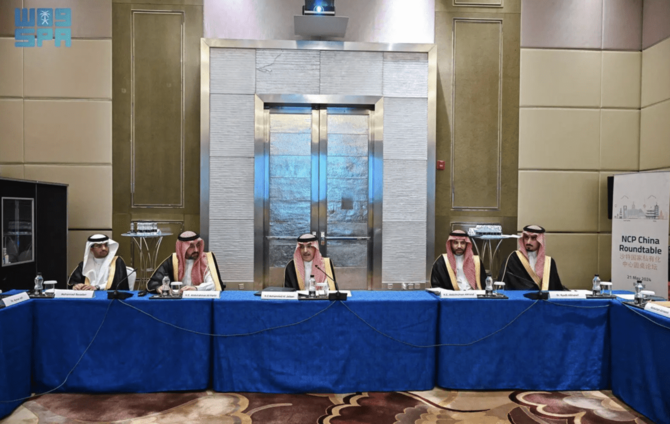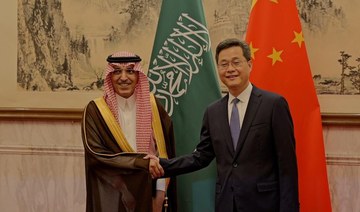DAVOS: The average American who turned the 2016 US presidential election for President Donald Trump was a middle-income earner of Republican persuasion from a Midwestern state with no college degree and, most likely, without a passport. “Trump Man” — and it was decisively men who gave him victory — was white, Christian and without a college degree.
“Davos Man” — that mythical habitué of the World Economic Forum in Switzerland — is of any nationality, but would count himself (he’s likely to be a gender-aware man) a citizen of the world. He can be of any religion, but probably espouses a tolerant rationalism as his main belief system. He has attended Harvard, Oxford, the Sorbonne or Tsinghua university, and is bristling with MBAs and other professional qualifications.
Those two worlds will collide in the Alpine town this Friday, when the US president and his entourage arrive to deliver a special address to the WEF. How will the two different species react in the confined arena of the Kongresszentrum security zone?
The opening positions appear to be hostile. The president has missed few opportunities to rail against “elites” in Washington, Hollywood and the media. “I want you to imagine how much better our future can be if we declare independence from the elites,” he said on the campaign trail, and the antiglobalist rhetoric has not been cooled since he entered the White House.
The elite of Davos might like the attention that he brings to their gathering, but that’s about as far as it goes. “At lower altitudes, Europeans do not like Trump. Mostly, he is viewed as an artless and dangerous bully,” the Financial Times said last week. Most Asians and Africans would probably share that view of a president rated the least respected of the world’s major leaders.
However, there are a few reasons to think the confrontation might not be as heated as you would expect from the rhetoric.
Trump is a businessman who often adopts a transactional approach to international politics. He might just be able to see eye to eye with Davos Man on business and financial matters, especially if they meet his goals of attracting big foreign investment and job creation into the US.
Also, he has surprised many on his foreign visits, with trips to the Middle East, China and Eastern Europe ending in an apparent meeting of minds with his hosts. Maybe the same will happen in Davos when he comes face to face with other “populist plutocrats?”
Trump and Davos Man certainly share a common view of their own importance. The WEF is “committed to improving the state of the world,” no less, while the American president is a self-declared “very stable genius.”
But — on virtually all the substantive matters of policy that are likely to emerge at Davos — there is a gaping Alpine crevasse between them. Relations could turn hostile on any number of issues when Trump assumes the stage in the Plenary Hall at the end of the week.
FOREIGN POLICY
The president has angered critics with his apparent distaste for the system of alliances and relationships, dominated by the US, that has prevailed since the end of the Cold War and which is one of the cornerstones of the WEF’s world view.
He is suspicious of the North Atlantic Treaty Organization and the EU, and has been provocative in dealings with China with regard to North Korea.
More goodwill was wasted with his recently reported scatalogical remarks about Africa and other countries. Middle Eastern attendees at WEF will probably give him the benefit of the doubt because of his strongly worded commitments to contain Iran and resist terrorism in the region.
IMMIGRATION
The WEF believes in free movement of labor around its globalist world, and sympathizes in the plight of refugee immigrants from conflict countries. The president has enacted measures against travel to the US from some Muslim countries, wants to build a wall to stop Mexican immigrants, and is in the process of removing the children of illegal immigrants from the US. Trump could defuse these differences if he undergoes the Davos experience of “A Day in the Life of a Refugee,” but his press people would probably advise against.
ECONOMICS AND TRADE
The WEF is an organization that exists to promote laissez-faire capitalism and advance global trade, but Trump has been ambivalent, to say the least, on these issues, with his stated aim to put “America First” in world commerce. He has withdrawn from the TransPacific Partnership; threatened to do the same with the North American Free Trade Association; and accused China, the biggest trading power in the world, of being a currency manipulator and a dumper of cheap manufactured products on the US. Any protectionist stance would go down very badly at Davos, which will have its usual big Chinese attendance.
ENVIRONMENT AND CLIMATE CHANGE
Davos is virtually unanimous on the need for sustainable economic and business policies to help reverse environmental degradation; the president is a climate-change denier who regards it as a Chinese hoax. He recently tweeted that freezing America needs a “little bit of good old global warming.” Such diametrically opposed views could start a serious confrontation in Davos, sparked perhaps by Al Gore, the former vice president who is always a prominent climate-change campaigner at the WEF.
SOCIAL AND CULTURAL ISSUES
Expect sparks to fly despite the Alpine chill if Trump repeats any of his more radical comments about gender issues at Davos. The WEF prides itself on being inclusive and tolerant of all gender persuasions, and a substantial part of the agenda is given over to discussion of the great economic effects of wider inclusion.
Psychologically, a large number of WEF attendees would sympathize with, or take part in, the women’s marches that coincided with the president’s inauguration anniversary. On the other hand, his daughter Ivanka is likely to be at hand in Switzerland to smooth over any disagreements.



